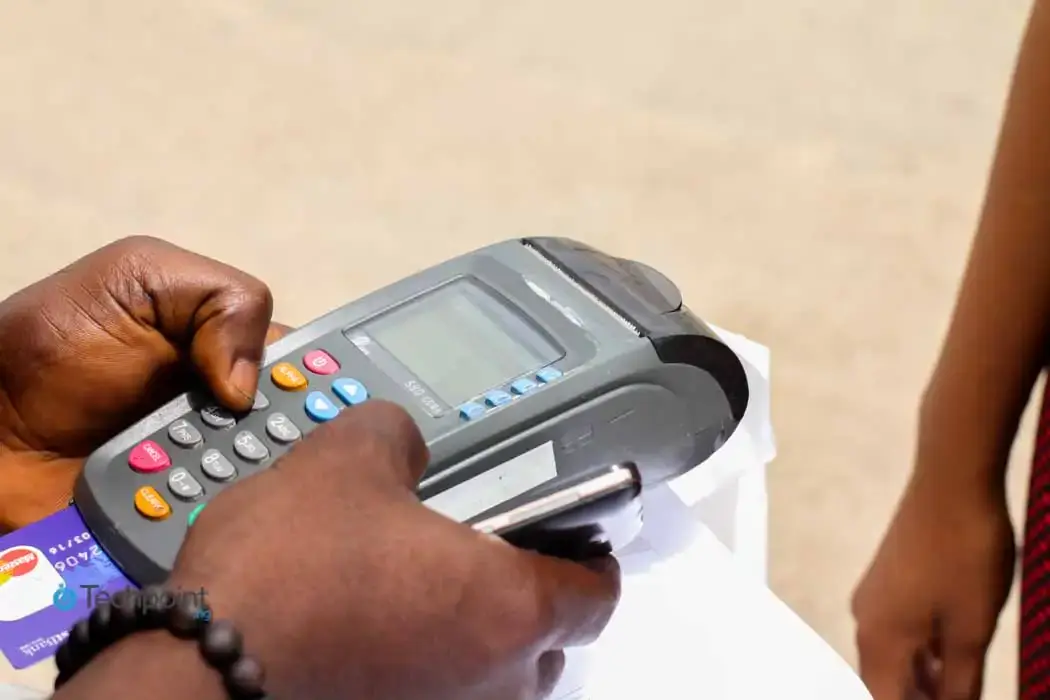- The Nigerian government has suspended the proposed 0.5% cybersecurity levy imposed by the Central Bank of Nigeria (CBN) on various financial institutions, which is currently under review.
- Mohammed Idris, Minister of Information and National Orientation, announced this while briefing State House correspondents after the Federal Executive Council (FEC) meeting in Abuja last week.
“The position of the government is that the policy has been suspended. It has been put on hold. That is the position of the government for now. It is undergoing some form of review,” the minister said.
This comes just two weeks after the House of Representatives requested that the CBN reverse the directive due to concerns raised by various groups and citizens.
The minister added that the issue was raised at the FEC meeting and will be discussed further in future sessions.
The CBN directive, which affected financial institutions, telecommunications companies, and the Nigerian Stock Exchange, was announced on May 6, 2024, and was to take effect on May 20, 2024. According to the Cybercrime (Prohibition, Prevention, etc.) (Amendment) Act 2024 provisions, the levy applies to electronic bank transactions.
Financial institutions will deduct the levy from electronic transfers and send it to the National Cyber Security Fund. Non-compliance will result in a fine of 2% of annual turnover.
Kingsley Chinda, a House of Representatives member who moved the motion on the CBN’s cybersecurity levy directive, stated that the directive is open to multiple interpretations.
He also warned that unless immediate action is taken, the Act will be implemented incorrectly, causing additional hardship for Nigerians who are already dealing with the effects of subsidy removals on petroleum and electricity.
Per the Green House, the CBN is to withdraw the initial circular and “issue a more understandable one.”
Aside from the House of Representatives, the Socio-Economic Rights and Accountability Project (SERAP) and the Nigeria Labour Congress reportedly moved to withdraw the directive, urging the federal government to reconsider the CBN directive due to concerns about multiple taxation, including inflationary pressures on Nigerians.











